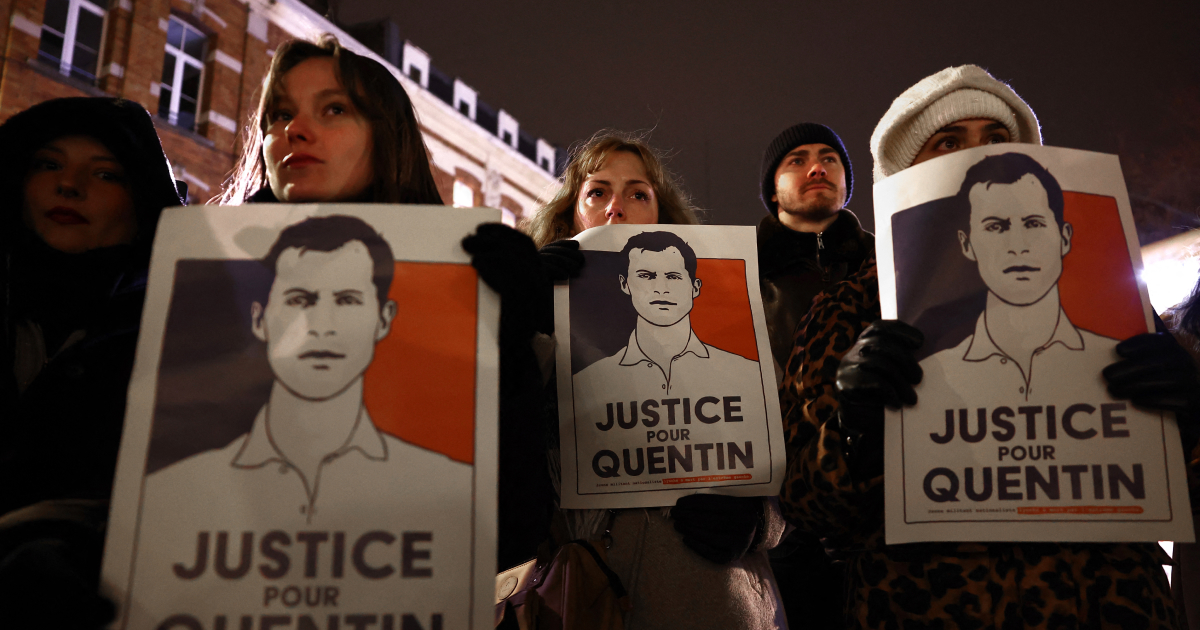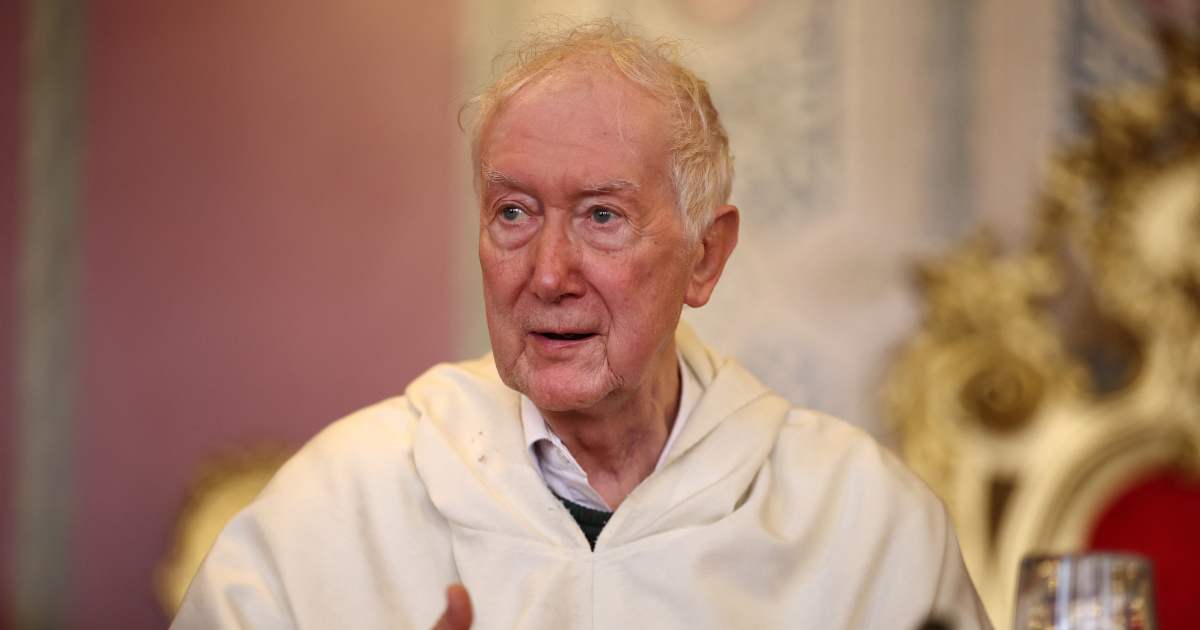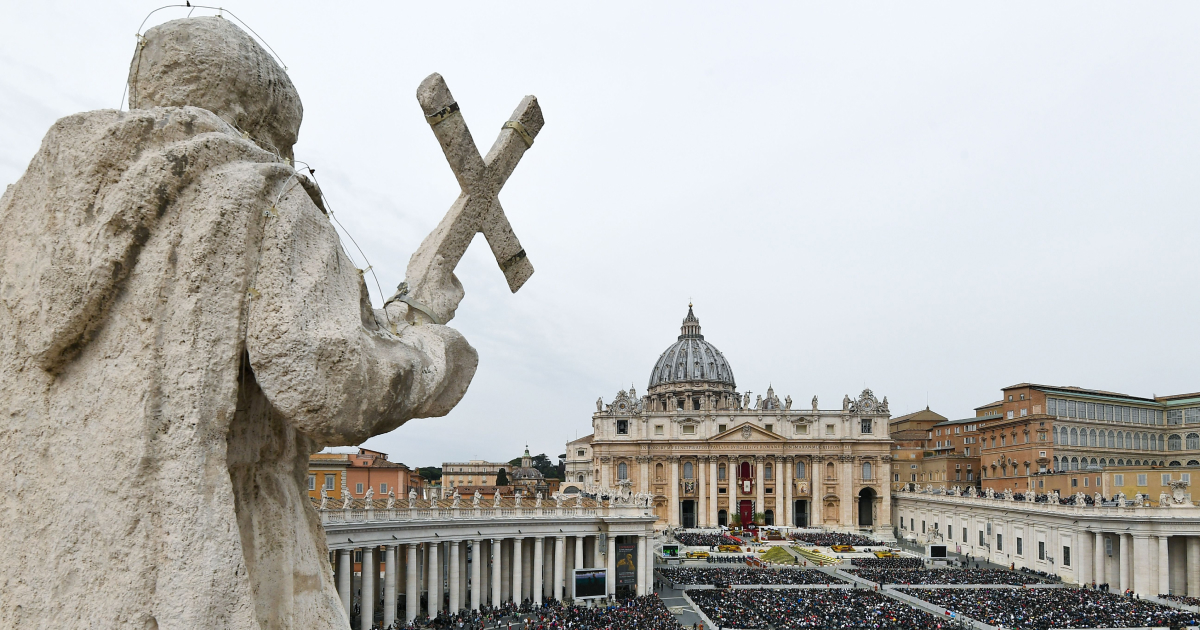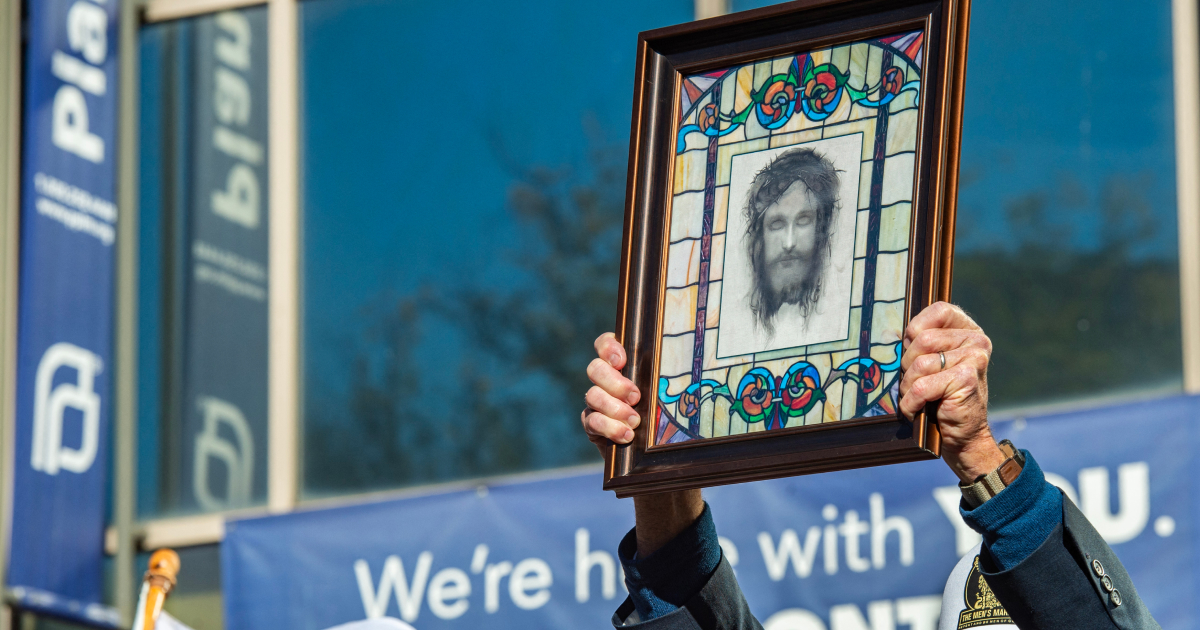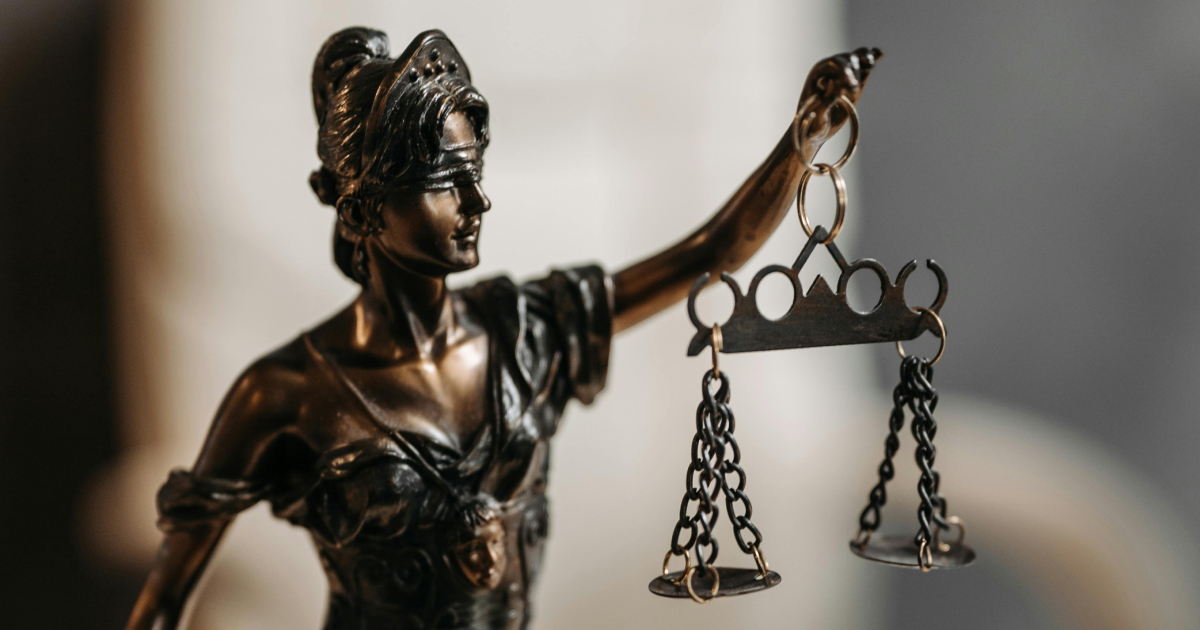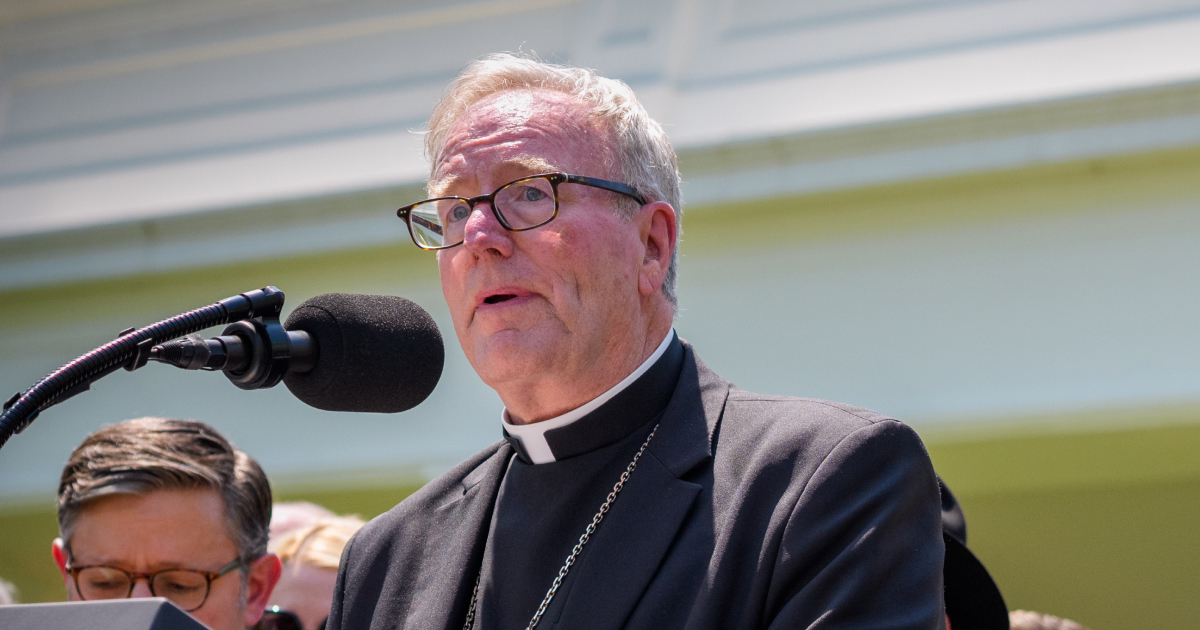Yaron Sideman, the Israeli ambassador to the Holy See, has said that Israel has agreed to all the ceasefire and hostage release proposals presented by mediators, but Hamas has rejected all of them “without exception.”
Speaking to Crux after Pope Leo XIV’s Sunday call for an “immediate halt” to the war in Gaza, Sideman said he embraces “the Pope’s call for an immediate end to the war,” but says Hamas must do what it has been called on to do.
He said Hamas “is solely responsible for [the continuation of the war], and it is the sole obstacle to bringing it to an end.”
The ambassador’s call for the demilitarisation of Hamas and ending its governance of Gaza echoes recent statements of President Mahmoud Abbas of the State of Palestine, who in a statement this weekend called on the State of Palestine to “assume full responsibilities” in Gaza.
The Gaza war broke out following a 7 October 2023 surprise attack by Hamas militants that left 1,200 Israelis dead and more than 250 taken as hostages.
Israel immediately launched a retaliatory offensive in Gaza to oust Hamas from leadership, with the subsequent conflict resulting in the deaths of over 59,000 people in Gaza, according to Palestinian estimates.
A peace deal made earlier this year has broken down, and Israel has increased its attacks on Gaza, killing thousands of people, most of them civilians.
Sideman said Israel wants the war to end, but that the conflict is the fault of Hamas and its power in Gaza.
“I am saddened by the suffering of so many that are living under constant deprivation and duress, and I pain when innocent people are killed or hurt,” he told Crux.
“I also feel for the 50 remaining hostages kidnapped by Hamas, who for the past 654 days have been tortured and held in subhuman conditions in the Hamas tunnels,” he said.
What follows is the full text of Crux’s interview with the Israeli ambassador.
Crux: As you mentioned, Prime Minister Benjamin Netanyahu called Pope Leo the day after the attack on the church. What was the significance of this call?
Ambassador Sideman: It is significant that Israel assumed responsibility and owned up to a mistake it made and that it did so at the highest possible level. The most important thing to do in the face of such a tragic accident is to investigate it, claim responsibility if needed, and learn from it so that it does not happen again.
Beyond that, the call between the Prime Minister and the Pope was significant in other aspects as well. Amongst other things, the Prime Minister reiterated the invitation of the Pope to visit Israel, the bedrock of the three Abrahamic religions. Certainly, this year, as we commemorate 60 years since the Nostra Aetate declaration, which drastically changed for the better Catholic–Jewish discourse, it would be highly significant for the Pope to visit Israel, home today to nearly one half of the Jewish people and to a thriving Christian community.
Crux: In an interview with Vatican News, Alistair Dutton – the head of Caritas Internationalis – said the people of Gaza are living in “unbearable conditions” and claimed that twenty or thirty people are being shot every day “just trying to get the food that they need and has been provided for their families.” He also said the actions resemble “ethnic cleansing” and violate international law. How do you respond to his claims?
Ambassador Sideman: I don’t like the situation in Gaza any more than Mr Dutton does.
I am saddened by the suffering of so many that are living under constant deprivation and duress, and I pain when innocent people are killed or hurt. I also feel for the 50 remaining hostages kidnapped by Hamas, who for the past 654 days have been tortured and held in subhuman conditions in the Hamas tunnels. For some reason, they were not included in Mr Dutton’s empathy list.
The accusations levelled by him against Israel are disingenuous, to say the least. If anything, Israel is the only one ensuring that people in Gaza have access to food, water, medicine, electricity and more.
In the past two months alone, over 4,400 trucks full of humanitarian aid have entered Gaza from Israel, in addition to the 95,000 trucks that entered since the beginning of the war. Seven hundred of those trucks are waiting at this moment for the UN to pick them up. While the State of Israel sees harm caused to civilians as a tragedy, Hamas sees harm to civilians as a strategy.
But what disturbed me most in Mr Dutton’s article is the absence of any suggestions for an alternative course of action. Unless one is willing to live with the disastrous, devastating consequences of allowing Hamas to remain in power in Gaza, then one has to take an honest look at reality and be prepared to offer an alternative way that will effectively remove Hamas as a military and governing force in Gaza and free our hostages.
I read Mr Dutton’s critique very carefully. I found in it no such alternative strategy, only criticism.
Of this I am certain: just as the future of Lebanon brightened up after Israel eliminated Hezbollah’s top leadership and weakened it to the point it lost its stronghold on Lebanon, and just as most of the world released a sigh of relief after Israel set back Iran’s nuclear programme, so will the future of Gaza dramatically improve after Israel removes Hamas as a military and governing force. When that day arrives, I hope that Mr Dutton and others will come to appreciate Israel’s constructive role in bringing it about.
Crux: In an interview on Italian television, Cardinal Pietro Parolin said Christians are a “moderating force within the Middle East.” Do you think the Vatican can help with bringing peace to Gaza?
Ambassador Sideman: The Vatican has an important role, primarily in echoing the call to release, immediately and unconditionally, the 50 hostages still in Gaza. To me, there is no more urgent and pending matter that requires the Pope’s moral voice and the Holy See’s diplomatic proactiveness than this.
With respect to the situation of Christians in the Middle East, Israel is concerned with the persecution of Christians and their plight in various countries in the Middle East, particularly in Syria these days. The heartbreaking plea that Father Tony Boutros of the Greek Catholic Church in Sweida, published just the other day, should serve as a wake-up call and a call for action to the international community: “We Christians and Druze are one. Look at the massacre they are committing against us. We need protection to continue living in the land we have peacefully lived together for hundreds of years.”
Israel heeded that plea and is taking action to protect minority groups in Syria. Others, including the Holy See, should do the same.
(Photo by JACK GUEZ/AFP via Getty Images)





.png)


